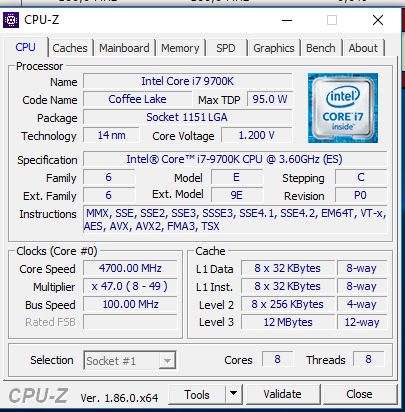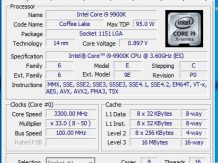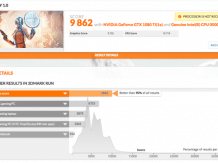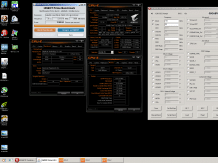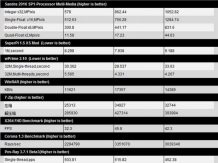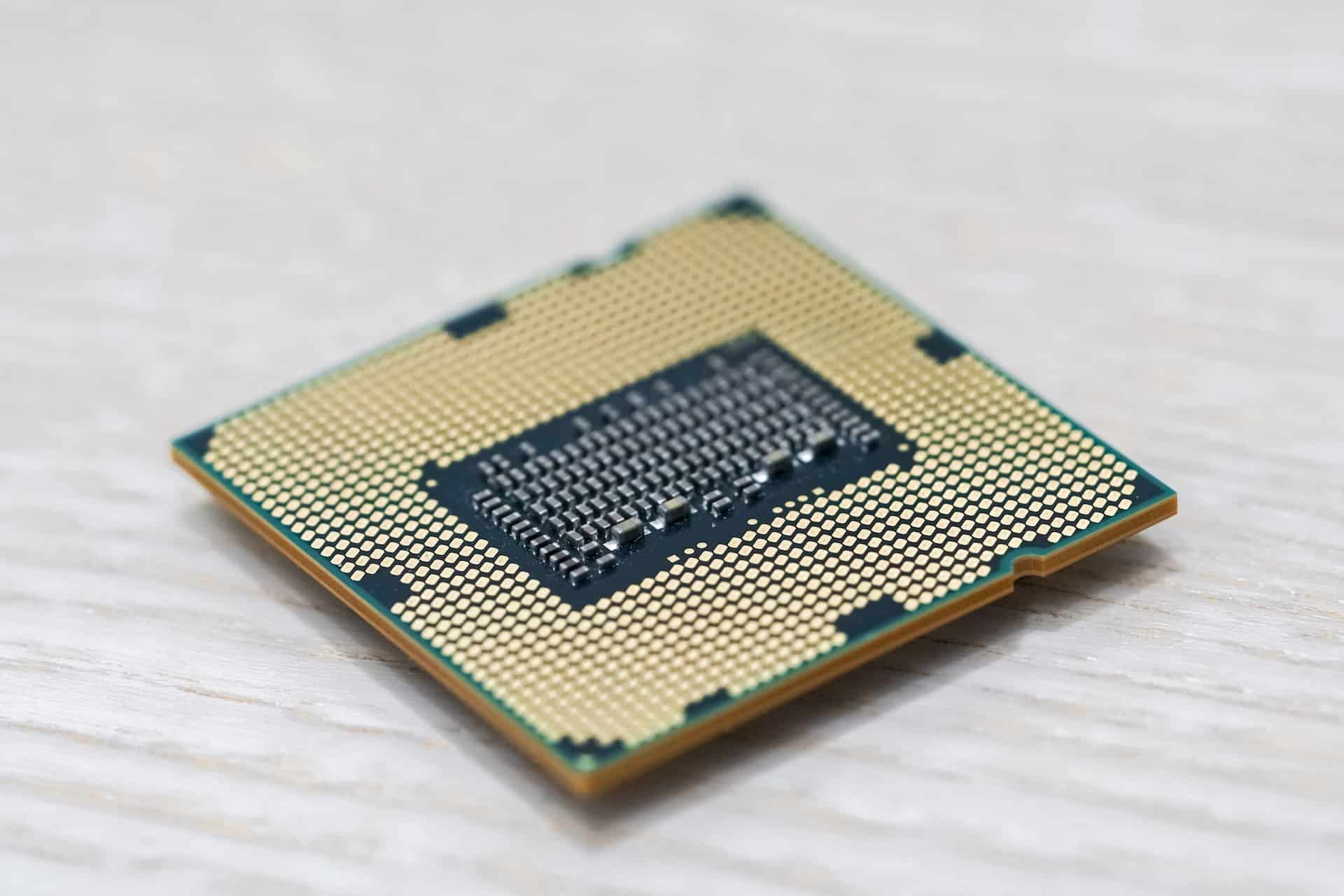The premiere of new processors from Intel has finally arrived. We waited a bit for it and therefore we are counting on big changes compared to the 8th generation. We managed to get the 9700K model. How will it perform in different applications?
The new Intel processors belong to the Coffee Lake Refresh family. Model 9700K works with a base clock of 3.6 GHz, which can reach a maximum of 4.9 GHz. The processor has 8 cores and 8 threads – multithreading has been abandoned in this model. The L3 memory has a capacity of 12 MB. The built-in graphics are the UHD 630 model and the TDP is 95 W. The 9700 K is calmly overclocked to 5 GHz, and the first leaks even speak of reaching much higher values. You can check it later in the text. Another novelty is IHS solder, which is supposed to have a very positive effect on temperatures and the aforementioned OC capabilities. The 9700K supports up to 40 PCI-E lanes and has a DDR 2666 memory controller.
In fact, that’s about the most important information about this design. Now let’s check how it compares against 8700K.
Test platform
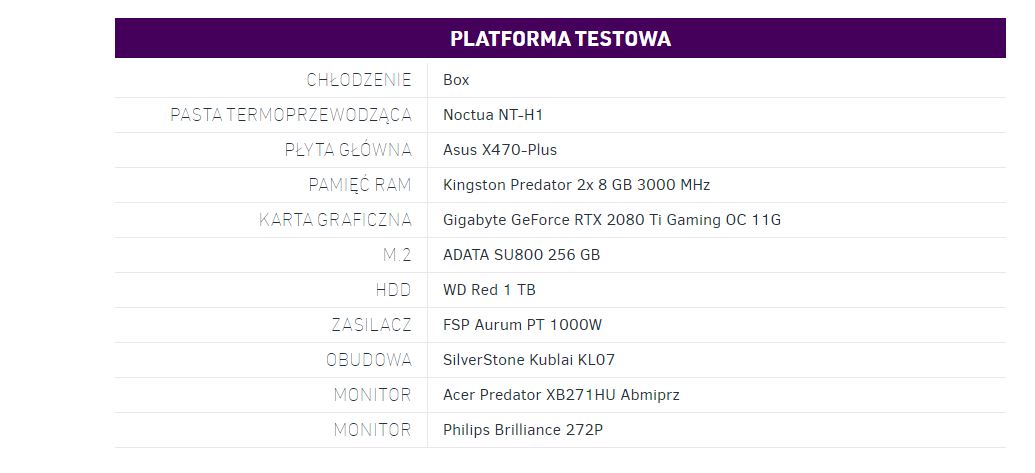
Tests – programs
The 9700K fares much better in virtually every test. Only in Corona Benchmark is the result slightly worse. The processor is much faster when calculating, rendering or encoding movies. In purely professional applications, it will therefore be a better choice.
Tests – Games
In the case of games, it is different. In some titles, there is a significant difference in performance, and in some it is already rather negligible. However, this does not change the fact that the 9700K is more efficient than the 8700K and the differences will be more and more visible in newer and newer games.
Temperature and power consumption
In the temperature and power consumption tests, the fan on the Noctua NH-U14S cooling system was set to maximum speed. As you can see, the processor under OCCT Linpack load is slightly warmer than the 8700K and consumes much more power. The difference in temperature may be due to a stronger factory overclock, but you have to see how IHS soldering works – the results are available in the overclocking chapter.
Tweaking
We managed to achieve 5.0 GHz on a voltage of 1.35 V. At a voltage of 1.4 V, the maximum stable clock speed is 5.1 GHz. At a voltage lower than 1.35 V it was not possible to reach 5.0 GHz, and at 1.4 V more than 5.1 GHz was not achievable. Remember that performance depends on the specific art of the processor, and everyone can achieve something different. It is worth paying attention to temperatures in tests. 9700K, despite 1.4 V and 5.1 GHz, maintains the temperature of all cores around 70 °. This allows you to play with the processor even more without worrying about its temperature. The remaining results show the gain from each overclock – you can see if it’s worth playing around with.
Summary
Intel Core i7-9700K should cost about $ 375, or ~ 1500 PLN. It all really depends on whether these prices will be maintained in Polish stores. The processor performs much better in programs or benchmarks. It is definitely worth investing in it, whether in rendering scenes or encoding movies. Also in the calculations itself, it looks more efficient than 8700K. There are also differences in the case of games. In some titles they are really big, and in others much smaller. However, the processor will definitely be a better choice than the 8700K.
The 9700K also has similar temperatures to the 8700K without overclocking. However, the situation changes under third party liability insurance. The temperatures even at 1.4 V and 5.1 GHz are around 70 ° C, while at 5 GHz and 1.35 V 8700K it could reach around 90 °. You can see a huge difference to the 8th generation and the IHS solder does the job. However, the OC itself is good, but not overwhelming. Initial reports said 5.3 GHz, while on a voltage of 1.4 V I managed to achieve a stable 5.1 GHz. Above, the processor was already unstable. In general, it all depends on the price – if it is at the level of 8700K, it is definitely better to take 9700K, if it is higher, it depends on the difference. At the current prices of 8700K, we expect rather lower or similar 9700K prices, so the choice is simple.






